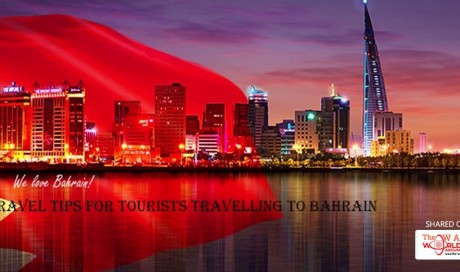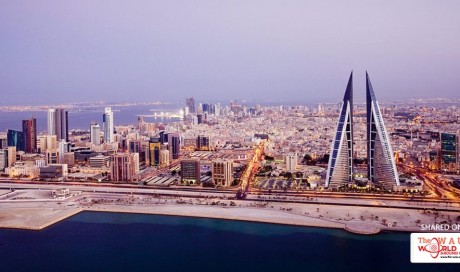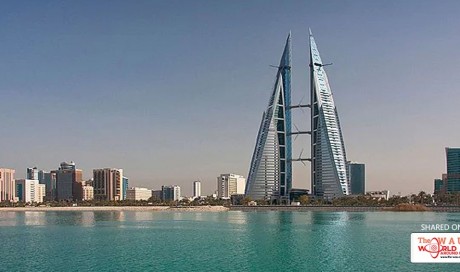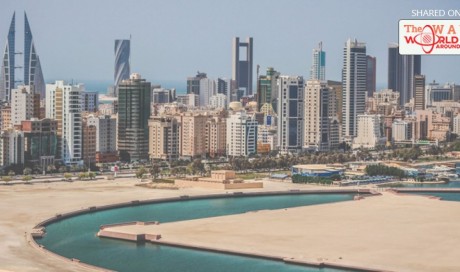Medical insurance compulsory from 2013
The Bahraini government has made clear its intention to make medical insurance compulsory for all expatriates from 2013. Initially, compulsion will apply to employees of companies with 500 or more on the payroll. By 2013, the aim is to make all foreign nationals hold valid medical insurance with an approved provider.
Delays may occur. Experience in other Gulf states shows that setting up a legal framework can be problematic. The fear is of an approved insurer going into liquidation and not settling claims. Also, just how comprehensive would an approved insurance plan need to be, and who would be licensed to sell them?
Saudi Arabia has acted, as has Abu Dhabi, while Dubai’s plans were deferred in 2008 in face of the global economic collapse — the emirate didn’t want to add to the flood of departing expats. (But Dubai and other emirates still intend to follow the compulsion route. Terms are thought likely to be less onerous than those imposed in Abu Dhabi, the most influential UAE member.)
On the question of insurance, it is noteworthy that medical treatment in Bahrain is not free for foreigners, even in emergencies. The Foreign Office states: “You should take out comprehensive travel and medical insurance before travelling. You should check any exclusions, and that your policy covers you for all the activities you want to undertake.”
Hazards
The Foreign Office also advises travellers to check latest medical advice with regard to immunisation. It warns on the dangers of not following safer sex practices.
The effects of dehydration can be very serious; sports players are also particularly at risk. Respiratory and eye problems are common through sand and dust created by construction work.
Strong insurance market
As in most of the Gulf, where insurance is compulsory, or destined to become so, buyers are in a good position. A lot of insurers are keen to become established in a market that can only grow.
However, these advantages apply less to individual buyers than those in group schemes. That is because big employers have enough clout to cut an advantageous deal, and may even be able to trim the insurer’s administrative overheads by taking on the paperwork themselves, so get your employer to pay
Consequently, anyone despatched to Bahrain by an employer should make every effort to get the company to provide cover. A good HR manager should offer this anyway, and will certainly be more experienced in negotiating the right cover at a fair premium than the occasional traveller.
Buying cover within Bahrain
International insurers, whether market leaders Bupa International or niche players, are not allowed to sell insurance within the kingdom without a local partner. (This is pretty standard across most of the Gulf and other countries.)
Paul Weigall, global head of sales and marketing at insurer InterGlobal, commented: “Despite this, the market in Bahrain is very competitive, like most places in the Middle East. We find the system works well - finding the right partner is the important thing.”
No restrictions apply to policies bought outside Bahrain, which arises most often in cases of people buying cover in advance of departure. After a year’s domicile, renewal technically may present a problem if the insurer is not tied to a locally licensed agent.
However, as insurance is not as yet compulsory for expats, any good international plan should suffice, and it need not be a problem discreetly renewing cover from within the island state. Insurer Medicare International points out that, contrary to what expats tend to assume, you can still buy online from within the country.
Super budget plans
An alternative is to buy a cheap local plan. For Europeans on a tight budget, three local insurers offer plans that should be examined. However, most buyers are lower-paid workers from other parts of the Middle East and the Indian subcontinent.
Insurance – what you pay for international cover
Aviva International Solutions is extremely competitive in Bahrain and offers the best deal among noted UK providers, according to adviser Stephen Walker, of Medical Insurance Services in Brighton. An important proviso is that its out-patient benefits are reduced.
A 28 year-old in Bahrain would pay only £564 a year comprehensive (budget £395), compared with Bupa’s Classic just topping £2,000 (budget £1,170). Least expensive after Aviva for the same individual is AxaPPP at £832 comprehensive (budget £723) a year.
For a Bahrain-based couple aged 42 and 40, Aviva again looks a best buy at £1,460 despite the reduced benefits (budget £1,022). IMG Global Select offers comprehensive cover at £2,582 (budget £1,481) due to a 15 per cent starter discount. Aviva has newly entered the international insurance market and it is common practice in the industry to launch with unrealistically low rates. But the former Norwich Union is a big insurer, and may choose to undercut the opposition for a long period to establish market share. It should be noted that while plans are labelled comprehensive and budget, the demarcation is crude as all plans differ.
When compulsion comes in
Mandatory insurance for expat populations makes economic sense for governments everywhere in a world of steeply climbing medical costs and tight budgets. But the Gulf states are also competing with each other to attract foreign investment.
The hope is that Bahrain will not be excessively proscriptive in the type of cover it requires, and who sells it.
Andrew Apps, director of insurer ALC Healthcare, said: “Ten years ago, Bahrain was the be-all and end-all in the Gulf region. But other states have gone forward. Doing business in Bahrain is really quite complicated, whether in insurance or other fields. People used to think it was the place to set up a Middle East hub, but other states - Dubai, Qatar and Abu Dhabi - have made it easier to do business.”
But with the political picture fast changing in the region, the future is as difficult as ever to foresee.
Share This Post













